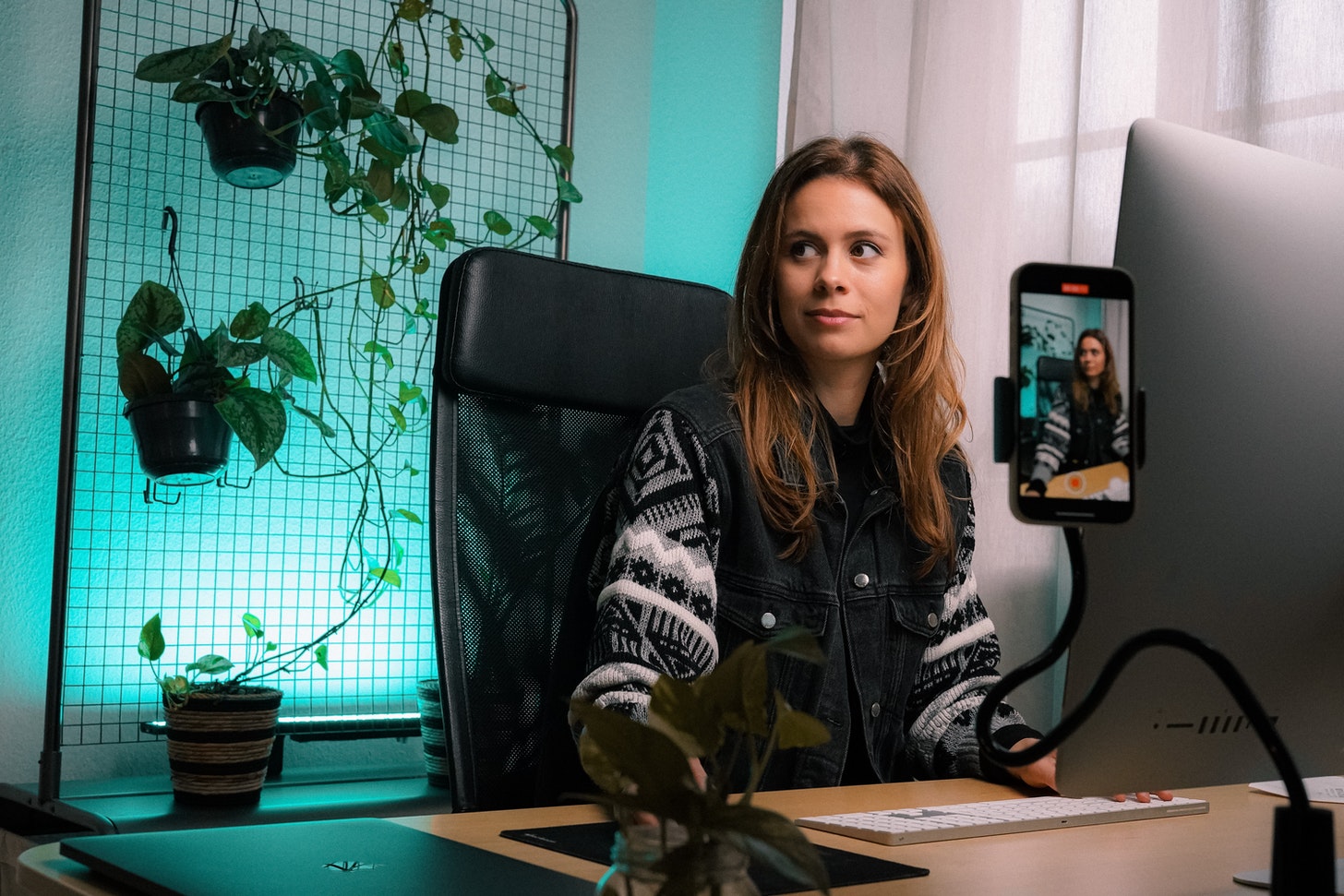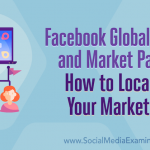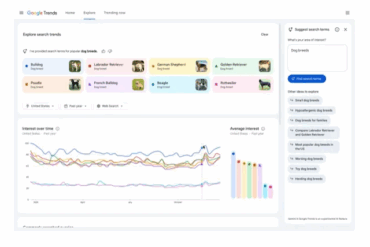If you make stuff for the internet, and are good at it, you are very happy right now.
It’s an absolutely incredible moment to be creating stuff online.
After long neglecting people who create content for their products, the tech platforms are showering them with money, support, and opportunity. Facebook just pledged $1 billion to creators by 2022. TikTok is on its way there. YouTube, Pinterest, and others are promising millions of their own. Snapchat wouldn’t return creators’ calls a few years ago; now, it’s paying them millions per month.
We’re seeing a stark — but inevitable — shift in the conventional belief that user-generated content was enough to fill social platforms’ feeds, and keep them vibrant. It turns out that making videos, photos, or words that people want to watch or read is difficult. Only a select few are good at it. And the platforms are all competing for their work. So, it’s advantage: talent.
“We want to build the best platforms for millions of creators to make a living,” Mark Zuckerberg said yesterday, no doubt looking at TikTok’s hasty, creator-driven incursion on his territory. The bulk of Facebook’s payments will likely go to thousands — not millions — of creators. But its plan to supply a livelihood to individuals who post on its services represents a significant shift.
Just five years ago, a group of Vine creators walked into Twitter’s headquarters and asked to be paid for their work. Going viral was fun, they said, but the app would be nothing without them, so they wanted to be compensated. Twitter balked at the request, Vine crumbled, and the rest is history. Creators moved to Snapchat and YouTube (the former had promise, the latter had money), and both platforms are now worth billions.
When TikTok arrived a few years later, it didn’t rely on its technology alone. The company struck deals with creators, paid some of them salaries, and emailed updates winking at what trends would be popular (check out Bloomberg’s Foundering podcast for more). TikTok’s creators responded, and it’s now the most vibrant social app in the world. TikTok recently became the first non-Facebook app to hit 3 billion downloads. And Facebook is now so concerned that, on top of the $1 billion it’s spending on creators, it’s running a set of experiments that would essentially turn Instagram into TikTok.
Facebook and its counterparts’ plans to pay creators are unique because they empower the individual. Tech platforms like Facebook have paid limited sums to media companies like Viacom and Hearst to produce video for their apps. But the platforms long viewed individual creators as insignificant players who could be satisfied with a brand deal. Now, they see the individual creator as the key differentiator, so they’re paying the talent directly. No middlemen.
A similar shift is taking place in journalism, where tech companies are throwing money at individual journalists and putting pressure on institutions to pay stars and keep them happy. “Lucky for me, if not for you, it’s a rare moment right now where it’s actually good to be talent,” Choire Sicha said as he left his job running The New York Times’ Styles section, one of journalism’s most desirable management jobs.
Asked to elaborate, Sicha said journalists are “just a part of a larger boom” where individuals are getting “some weird fat one-off paychecks.” He emailed:
Podcasts, newsletters and the digital media subscriber business overall means that people need … actual people, actual voices. (This is why it’s also a boom for people to write pilots and other televisual stuff.) And so, if you are willing to go through the steps to commodify yourself, you’re actually a well-valued commodity! Think about how hard a Kara Swisher had to work. They had to start whole companies! Now all you basically have to do is tweet really aggressively for a few months and someone pulls up with $300,000 in Substack Bucks. The real winners are gonna take that money and then go live somewhere cheap and wonderful until they die.
Sicha said he expects this moment to pass. And it may well do so. But until it does, those who create things online will continue to have a blast.





